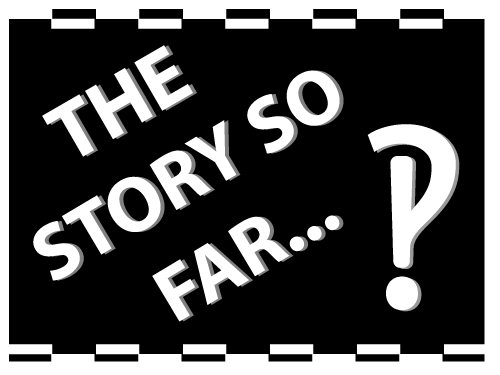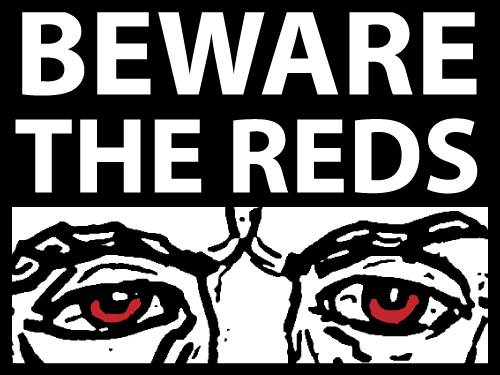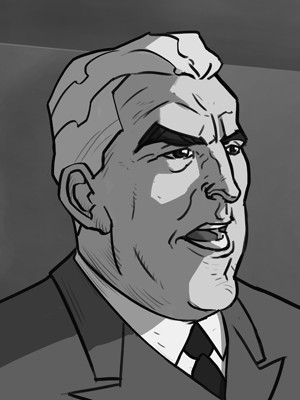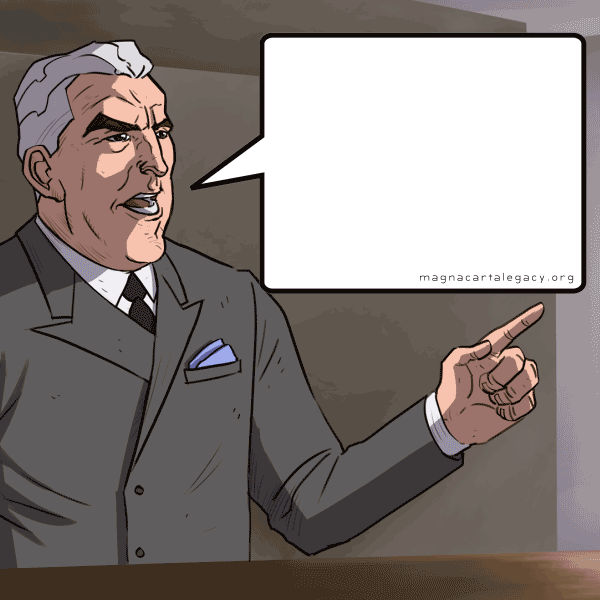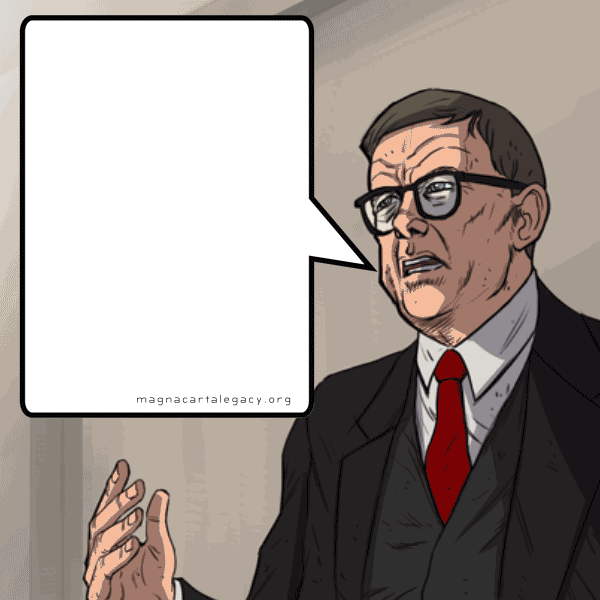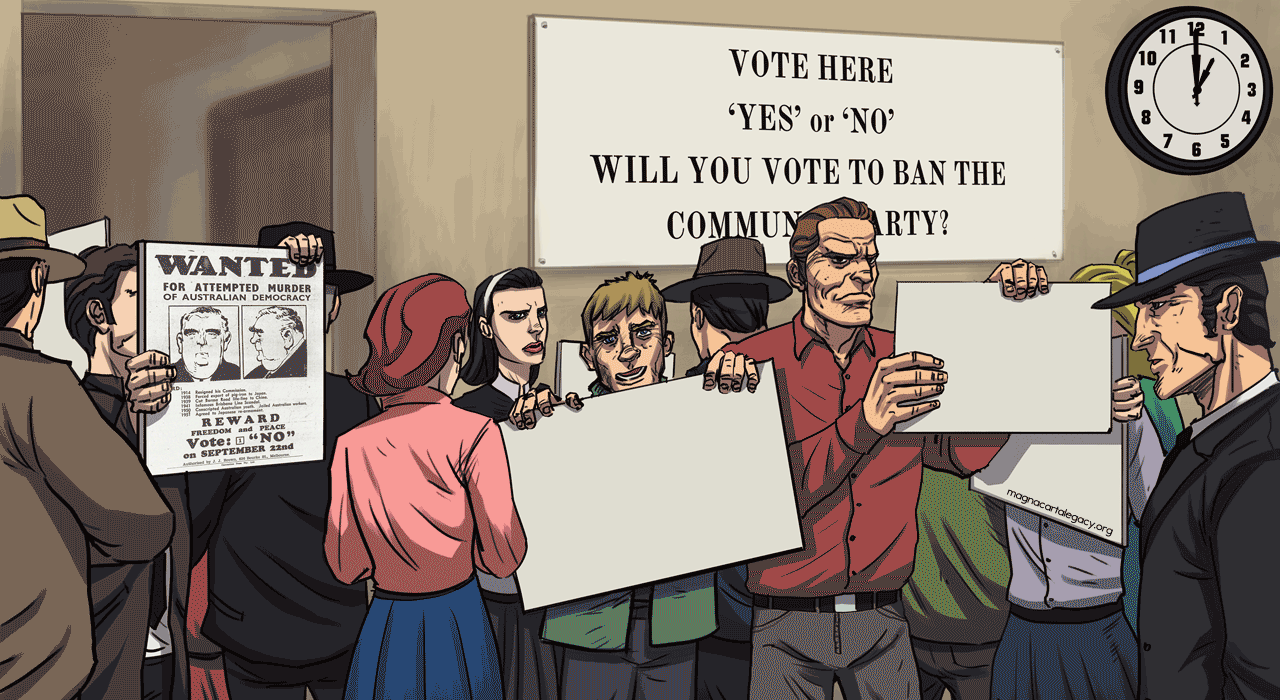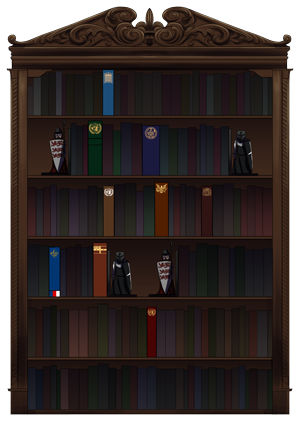The Australian Communist Party Case
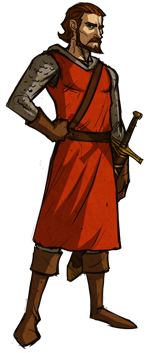
In the late 1940's the Australian Government was dealing with attempts by the Australian Communist Party to destabilize the government and economy by encouraging strikes in essential industries.
The Australian Parliament passed the Communist Party Dissolution Act to dissolve the Australian Communist Party, forfeit their property to the Government, as well as to disqualify the members and officers of the Party from employment if they worked for the Government.
The Act was challenged in the High Court of Australia as being beyond the law making power of the Parliament according to the Australian Constitution.
In one of its most famous judgments the High Court struck down the Act because Parliament did not have the power to make such a law according to the Australian Constitution. A check on the power of Parliament according to the law is a very modern expression of the legacy of the Magna Carta.
The story of the Communist Party, Communist Party Dissolution Act and the role of the High Court is told below in a newspaper format. Note: they are not real newspapers from the 1940s and 50s, but representations. Many of the pictures, advertisements and red links within the text provide more information, and links to other sources of information.
